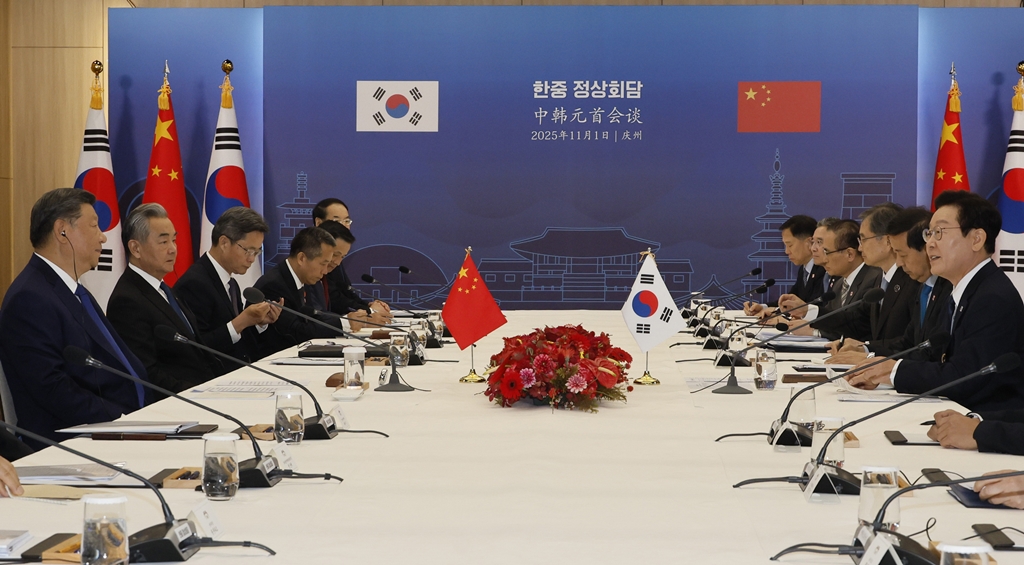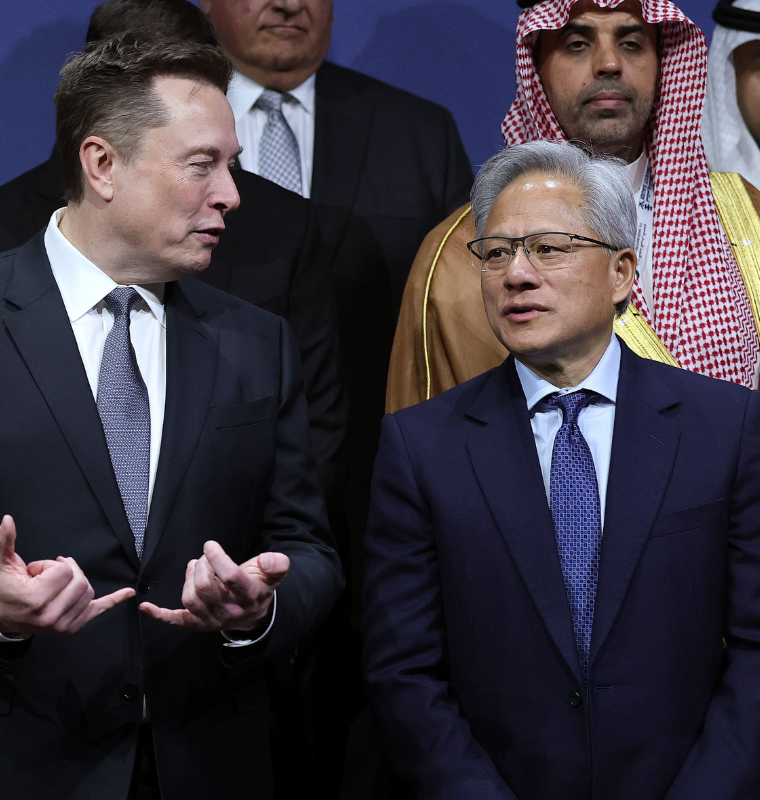K-pop Set for a Major Comeback in China After Seoul–Beijing Content Deal
K-pop Set for a Major Comeback in China After Seoul–Beijing Content Deal
By
David Goldfarb
Last updated:
November 3, 2025
First Published:
November 3, 2025

Photo: The Korea Economic Daily
After years of restricted access, South Korea’s entertainment industry is gearing up for a return to China’s massive market, following a landmark content exchange agreement between Korean Broadcasting System (KBS) and China Media Group (CMG). The deal, signed last week, has ignited optimism among investors and fans alike — pushing SM Entertainment shares up by 8.11% and JYP Entertainment up by 9.39%, with YG Entertainment and HYBE also recording intraday gains of 4% and 3%, respectively.
Reviving a Stalled Cultural Bridge
This partnership marks a potential end to China’s “soft ban” on K-pop, which began in 2016 after South Korea deployed the U.S. THAAD anti-ballistic missile defense system. For nearly a decade, South Korean pop culture — from concerts and dramas to brand endorsements — was largely shut out of China, the world’s second-largest entertainment market.
The new cooperation agreement between KBS and CMG, a state-run media conglomerate directly overseen by the Chinese Communist Party, includes plans for joint productions, cultural exchanges, and the Chinese launch of the ‘Music Bank World Tour,’ one of South Korea’s most popular K-pop programs.
KBS President Park Jang-beom described the deal as “a breakthrough that will allow the entire Korean content industry to once again make a full-fledged foray into the Chinese market.”
The move follows a high-level meeting between South Korean President Lee Jae Myung and Chinese President Xi Jinping during the APEC Summit, where both leaders emphasized a renewed commitment to strengthening bilateral relations. President Lee called the summit “a full restoration of Korea–China relations.”
Investor Excitement and Market Movement
Analysts say investor enthusiasm reflects expectations of a major revenue resurgence for South Korea’s entertainment sector. Oh Jiwoo, a research analyst at CGS International Securities Hong Kong, said SM Entertainment and JYP Entertainment benefited most due to their historical ties to the Chinese market.
SM’s strong reaction was largely attributed to its Chinese shareholder Tencent, which owns the second-largest stake in the company. Earlier this year, SM’s subsidiary DearU also partnered with Tencent Music Entertainment to introduce its Bubble fan-messaging app to Chinese users — a move seen as an early step toward reestablishing market presence.
For JYP Entertainment, gains were amplified by founder Park Jin-young’s appearance alongside Xi Jinping at a state dinner during the Korea–China summit. According to South Korean lawmaker Kim Yong Bae, discussions at the dinner included a proposal for a large-scale K-pop concert in Beijing, with Xi reportedly instructing officials to explore the idea further.
Cultural and Economic Significance
Industry insiders say the agreement could reignite cross-cultural engagement and generate billions in export potential. Before the 2016 ban, China, Hong Kong, and Taiwan together represented 26.1% of South Korea’s total music export market, amounting to $319.58 million in 2023, according to data from the Korea Creative Content Agency.
Japan remains South Korea’s largest music export market at $429.08 million (35.1% share), but reopening the Chinese market could significantly narrow that gap.
China’s public perception of Korean culture also remains favorable. The 2025 Overseas Hallyu Survey found that 73.5% of Chinese respondents held a positive view of South Korea, higher than the global average. Despite the ban, Korean dramas and music continued circulating online through streaming platforms and fan networks, keeping K-pop’s appeal alive.
Reviving the ‘Korea-China Song Festival’ and Other Collaborations
Local media have reported that the KBS–CMG partnership may also lead to the revival of the “Korea–China Song Festival,” which ran from 1999 to 2016 and once featured high-profile performers such as Peng Liyuan, the wife of President Xi.
KBS has already announced plans to strengthen cooperation with CMG at the next APEC Summit in Shenzhen in 2026, focusing on joint music, drama, and news projects. Analysts believe these efforts could normalize K-pop’s presence in China over the next year.
While small fan events and solo appearances have occasionally taken place in Macau and Hong Kong, mainland China has not hosted a full-scale K-pop concert since 2016. Earlier this year, boy band EPEX planned a show in Fuzhou, which was later postponed due to “local circumstances.”
Global Implications and Future Outlook
The potential reopening of China’s entertainment sector could mark one of the most significant developments in the global music industry in years. With over 1.4 billion consumers, China represents a colossal growth opportunity for agencies like HYBE, SM, JYP, and YG, whose artists already dominate streaming platforms across Asia.
A report by Morgan Stanley earlier this year suggested that the recent rally in K-pop stocks was largely driven by investor confidence that China would eventually lift its restrictions on Korean entertainment.
If that prediction proves true, South Korea’s entertainment exports could surge beyond $1 billion annually, strengthening its position as a global cultural powerhouse.
As diplomatic ties warm and market access reopens, the return of K-pop to China could become more than a business milestone — it could symbolize a new era of cultural diplomacy and mutual influence between the two nations.
Popular articles
Subscribe to unlock premium content
How Adults Are Paying to Experience Silent Daylong Festivals for Mindfulness

The Rise of Ultra-Personalized Scent Memory Experiences Using Olfactory Therapy

Why Some Millennials Are Paying for One-Day Luxury Survival Challenges in Nature

How Adults Are Paying to Experience Silent Daylong Festivals for Mindfulness

The Rise of Ultra-Personalized Scent Memory Experiences Using Olfactory Therapy

How Adults Are Paying to Experience Silent Daylong Festivals for Mindfulness







.png)

